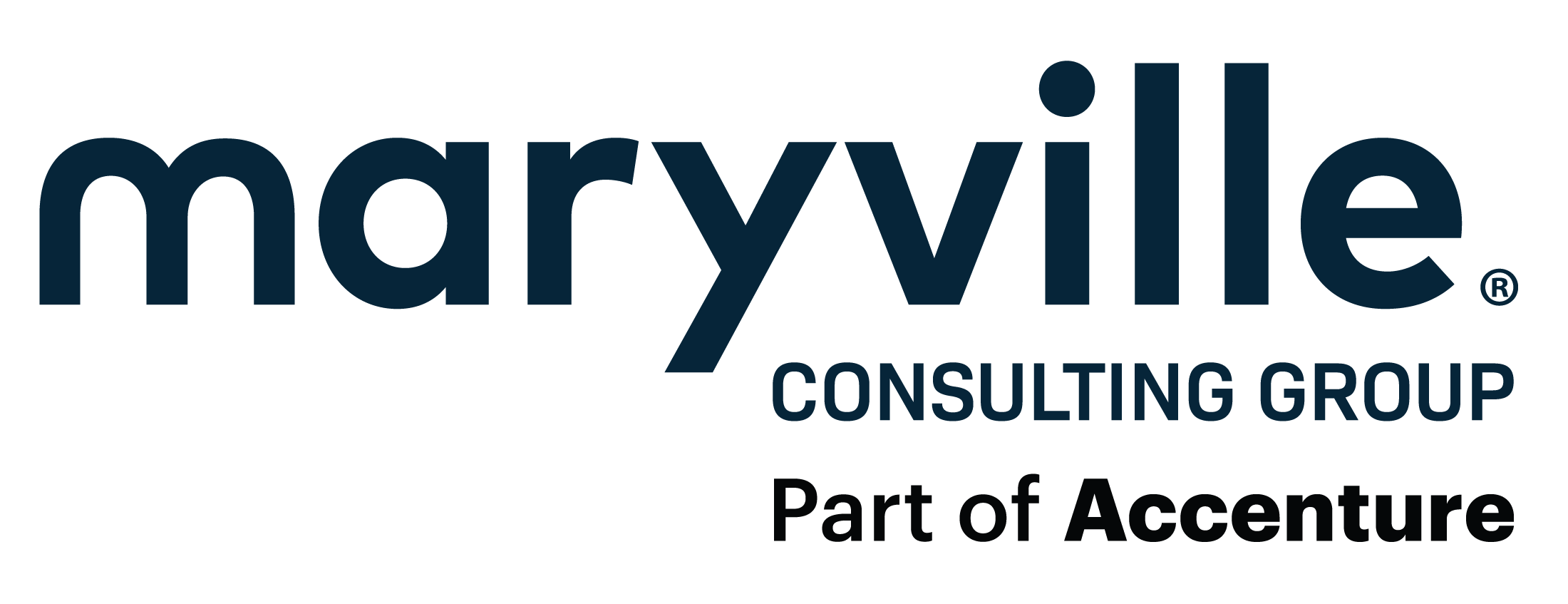The Client

Leading Food & Beverage Company

263,000 Employees

Operations in 200+ Countries

$63 Billion in Revenue

$79.8 Billion in Assets
The Challenge
A food and beverage conglomerate boasts a portfolio that includes 22 brands, available in more than 200 countries, resulting in a diverse, yet complex multinational business. Supporting those businesses, the company often struggled to articulate the value they provided and were viewed as an expensive “black box.” Business unit conversations centered around explaining confusing and vague allocations, not capabilities. Our client’s IT department needed to transform into a transparent, value partner for the businesses it supported.
The Response
Maryville Consulting Group provided direction to gain business partner trust in IT through the establishment of a TBM practice. We identified organizational structure, a single system to support TBM, and guided success with implementation and change management expertise. The TBM solution is powered by Apptio and includes a TBM Office aligned to three core tenets: Data, Platform, and Insights.
The Process
TBM Readiness
Assess readiness of organization (value and adoption), data and processes alignment, system selection, and establish TBM Office
Organization Adoption of TBM
Workshop-based approach helping to understand unique use cases and underlying data processes, while fostering organizational ownership of TBM
Transparency into Spend
Define Total Cost of Ownership (TCO) for applications, services/products, and business units
Value and Insights
Output of cost transparency helped organization identify $3M in savings (e.g. infrastructure alignment, vendor management)
Product-Centric Organization
TBM introduced idea of product provider mentality for IT department, creating tangible value the business can identify
The Value
In the first year, the TBM Office has driven cost savings, improvement in organizational data connectivity, and a shift to a value provider mindset in IT.
- $3M in cost savings in first year (Infrastructure utilization, contract corrections, resource re-allocation)
- Introduced a service catalog and ownership model to shift from finance-driven discussions with business partners to capabilities, outcomes, and value
- Improved vendor management process efficiency by more than 14% (52 days per year), allowing the group to re-allocate resources to higher value activities


